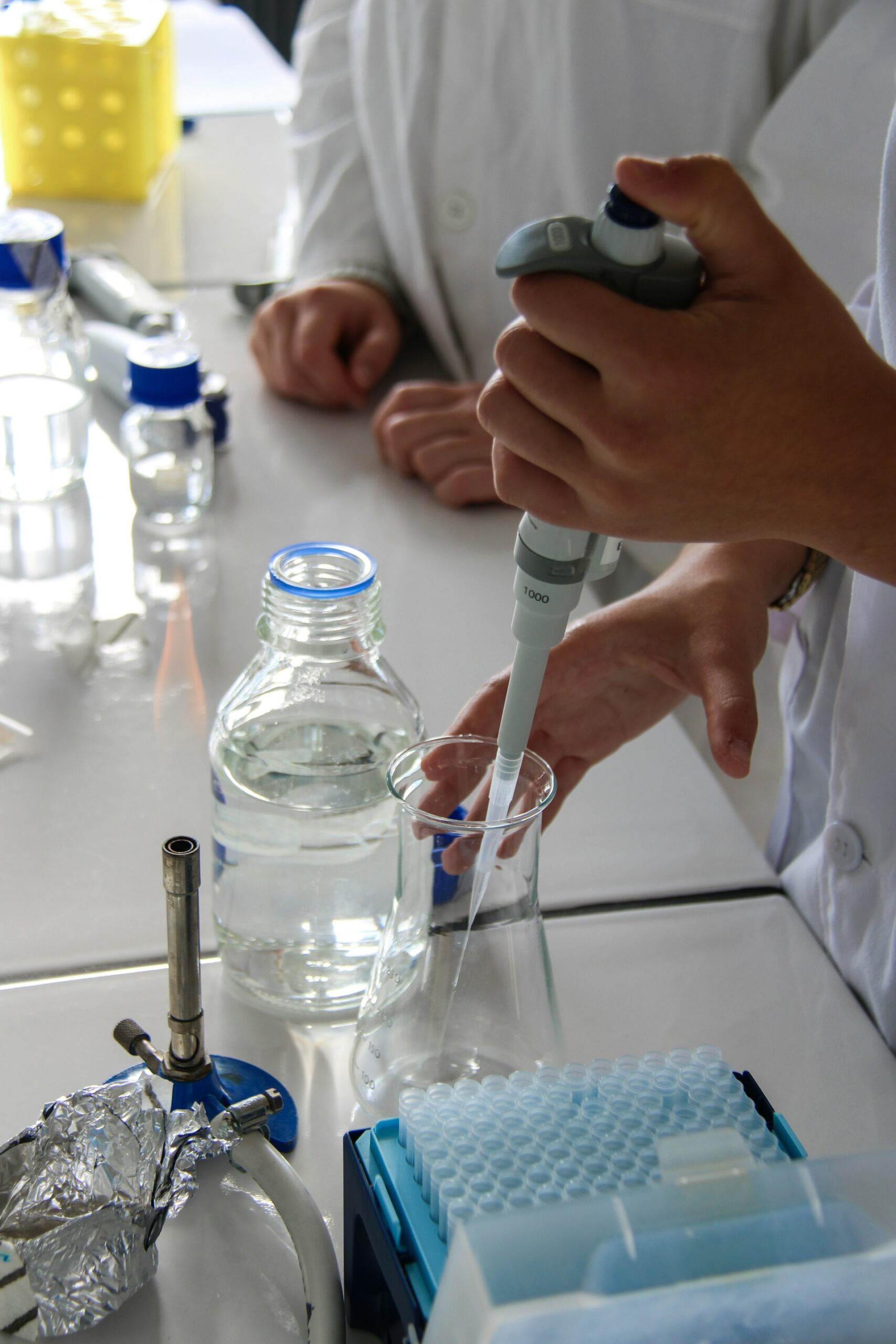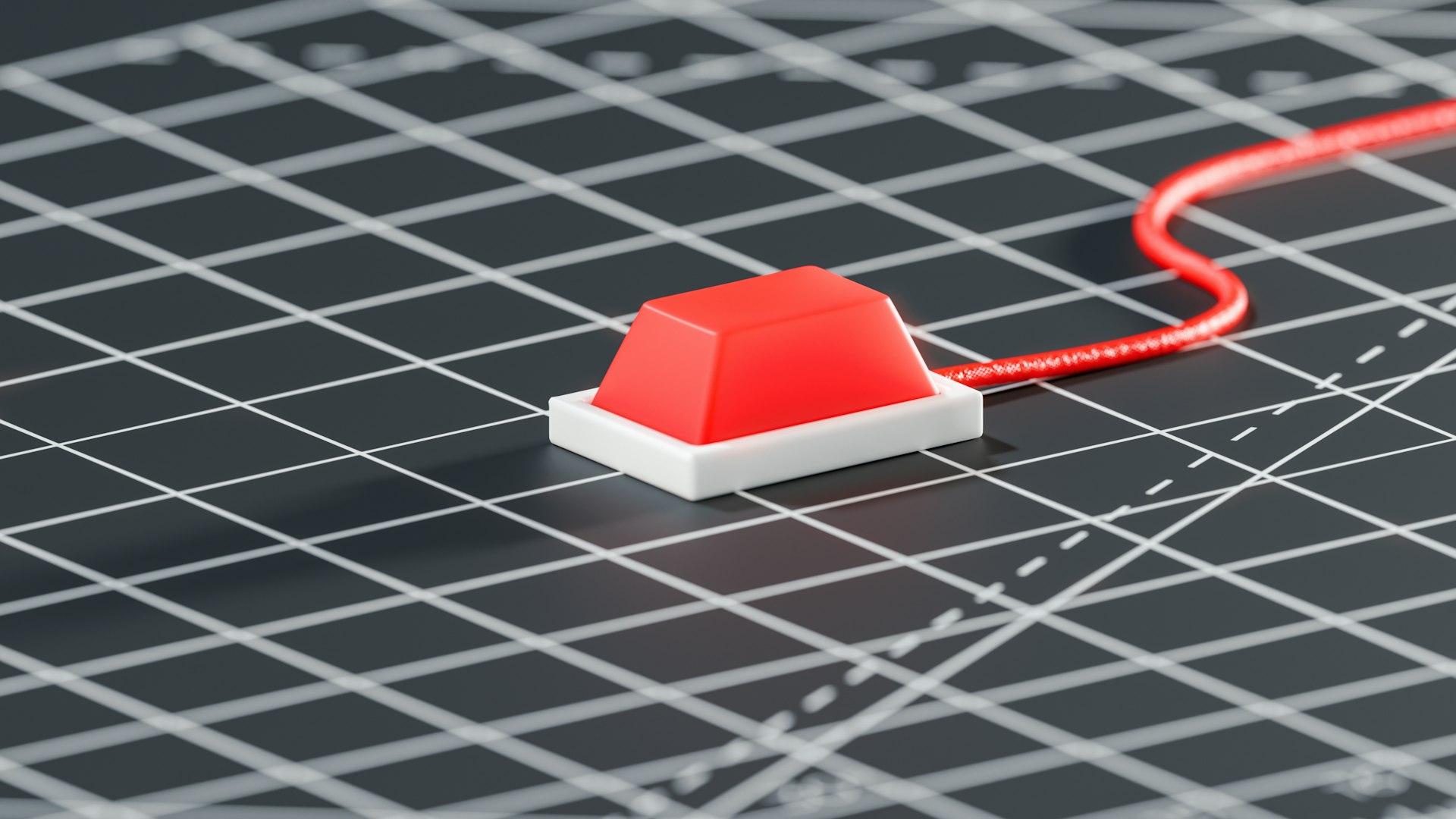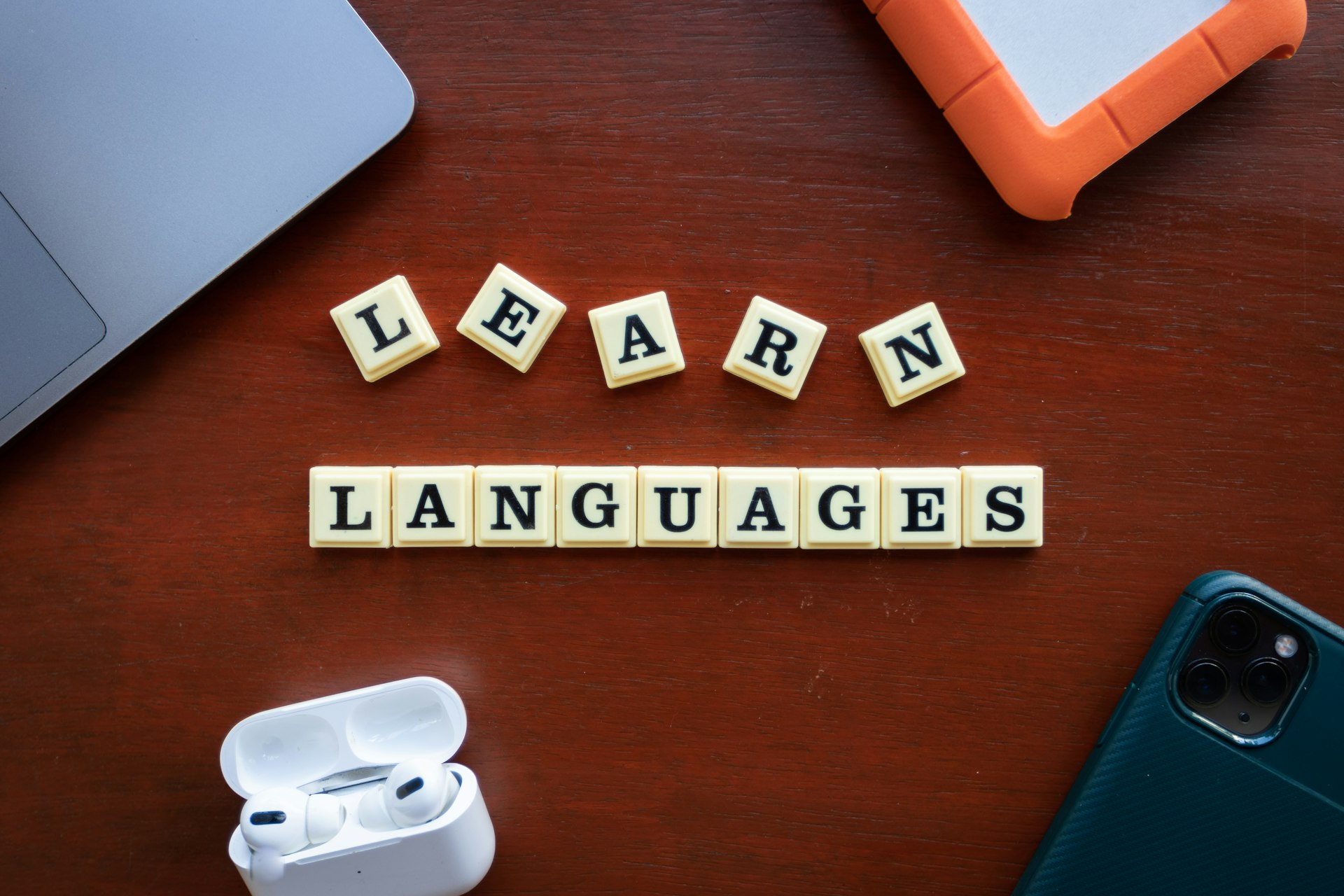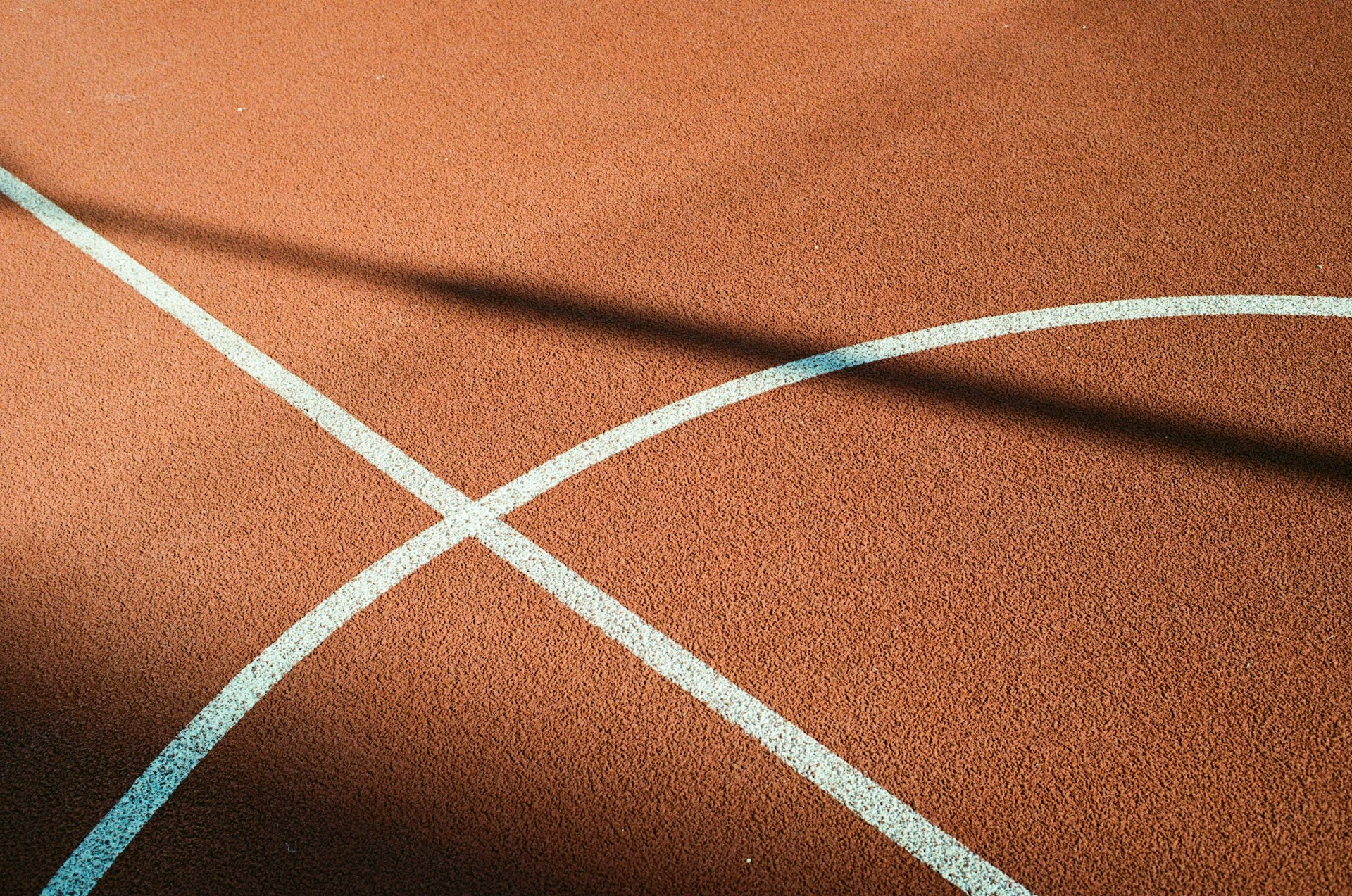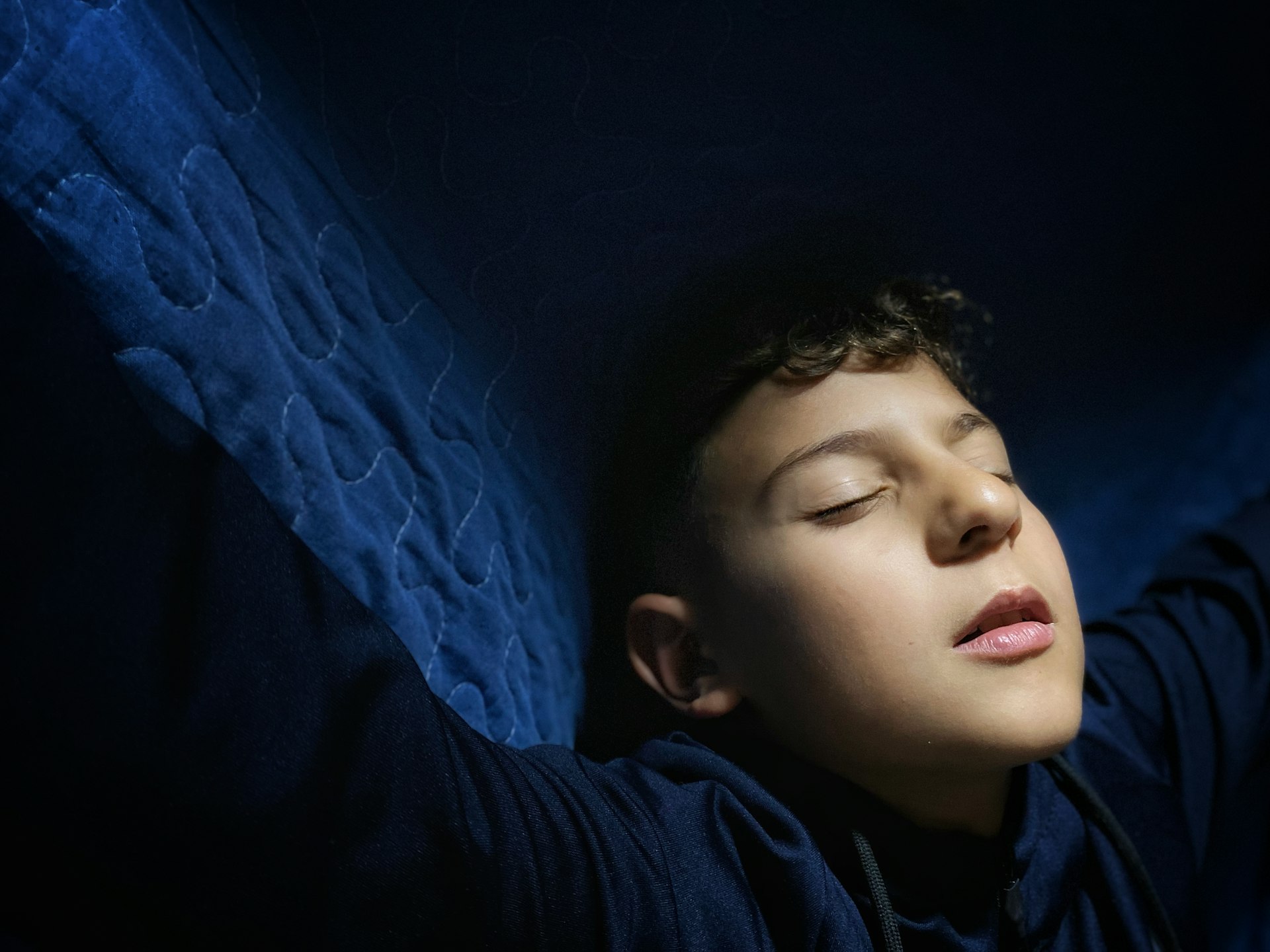Unlocking Athletic Potential: The Critical Role of Sleep in Recovery and Performance

Photo by Jeffery Erhunse on Unsplash
Introduction
In the competitive world of sports, athletes and coaches are constantly searching for ways to gain an edge. While training techniques and nutrition often take center stage, one powerful tool is sometimes overlooked: sleep . Emerging research and athlete testimonials increasingly highlight the indispensable role of sleep in athletic recovery, injury prevention, and overall performance enhancement. This article explores how sleep supports recovery, details the mechanisms at work, and provides actionable steps for athletes and support teams to maximize the benefits of quality rest.

Photo by Oliver Sjöström on Unsplash
Why Sleep Matters for Athletic Recovery
Sleep is widely regarded by both elite and recreational athletes as the most important recovery strategy available. It is a restorative process that benefits not only muscles and tissues but also the immune and endocrine systems, cognitive function, and psychological well-being [1] .
During sleep, especially in the deep non-REM stages, the body releases growth hormone and other factors vital for tissue repair and muscle growth. This period allows for the healing of microtears caused by intense training, supports glycogen restoration, and helps the nervous system reset for optimal coordination and reaction times [2] . Athletes who consistently achieve high-quality sleep report fewer injuries, greater energy, and improved training capacity [3] .
Physiological Benefits of Sleep in Recovery
Deep sleep is linked to increased production of growth hormone, which plays a critical role in tissue repair and muscle adaptation. This phase is also when the body restores energy supplies, reduces inflammation, and consolidates motor learning-key for athletes mastering complex skills [1] . Even a single night of poor sleep can negatively impact muscle recovery and prolong soreness, while sleep extension has been shown to speed up these processes.
For example, in studies where athletes increased their nightly sleep from 7.5 to over 10 hours for several weeks, improvements were seen in sprint times, shooting accuracy, and overall mood [4] . Importantly, sleep also supports immune function, reducing the likelihood of illness during periods of intense training or competition [3] .
Mental and Cognitive Advantages
Sleep’s impact is not limited to the physical body. Cognitive performance-such as vigilance, reaction time, decision-making, and emotional regulation-depends heavily on sufficient, quality rest [4] . Research shows that even modest sleep deprivation can lead to slower reaction times, impaired judgment, and increased risk of errors during competition or training. In contrast, extending sleep duration can improve reaction times by as much as 15%, and athletes often report feeling more alert and focused the day after a good night’s sleep.
Mechanistically, deep sleep allows the brain to clear metabolic waste, reset neural pathways, and consolidate learning from the day-including new movement patterns and strategies. Athletes who prioritize sleep are better equipped to handle the mental demands of competition, adapt to in-game challenges, and maintain motivation throughout the season [2] .
Injury Prevention and Immune Health
Numerous studies have linked inadequate sleep with increased risk of injury and illness. Poor sleep can disrupt coordination, slow reflexes, and worsen mood-all factors associated with a greater chance of acute or overuse injuries [3] . Additionally, chronic sleep deprivation suppresses immune function, leaving athletes more vulnerable to infections, especially during high-stress training blocks or travel.
By consistently achieving at least eight hours of quality sleep each night, athletes can reduce injury risk and improve their resilience against illness. Some programs recommend tracking sleep patterns and using wearable technology to identify disruptions, allowing for timely interventions and adjustments to training loads.
Steps to Optimize Sleep for Recovery
Implementing effective sleep strategies can significantly enhance recovery and performance. Here are practical steps athletes can take:
- Establish a Consistent Schedule: Go to bed and wake up at the same times each day, even on weekends, to regulate your body’s internal clock.
- Create a Sleep-Friendly Environment: Maintain a dark, cool, and quiet bedroom. Consider blackout curtains, white noise machines, and minimizing electronic device use before bed.
- Monitor Sleep Quality: Use sleep tracking devices or journals to assess patterns. If persistent sleep issues arise, consult a sports medicine physician or sleep specialist.
- Prioritize Recovery: During periods of heavy training or competition, allow extra time for sleep. Some athletes benefit from planned naps of 20-30 minutes earlier in the day to supplement nighttime rest.
- Manage Stress and Nutrition: Incorporate relaxation techniques such as mindfulness or breathing exercises before bedtime, and avoid caffeine or heavy meals in the hours leading up to sleep.
Support staff-including coaches and athletic trainers-should encourage open communication about sleep habits and provide education on its importance. Some teams hold workshops or integrate sleep education into their wellness programs, further normalizing sleep as a pillar of high performance.
Alternative Approaches and Individual Considerations
While most athletes benefit from 7-9 hours of sleep per night, individual needs vary based on age, training load, genetics, and competition schedules. Some may require longer sleep to fully recover, especially during growth phases or after injury. If sleep challenges persist, it is advisable to consult a healthcare provider with experience in sports medicine or sleep health for personalized assessment and support.
Alternative methods such as mindfulness meditation, progressive muscle relaxation, and cognitive behavioral therapy for insomnia (CBT-I) have shown promise in improving sleep quality, particularly when stress or anxiety interfere with rest. Athletes may also benefit from adjusting travel schedules to minimize jet lag and using light therapy to manage circadian rhythms during time zone changes [1] .
Accessing Resources and Support
If you are seeking professional guidance on sleep and athletic recovery, consider the following steps:
- Consult with your team’s athletic trainer, sports physiologist, or a board-certified sleep specialist. They can provide personalized assessments and recommendations.
- Explore educational resources from reputable organizations, such as the National Sleep Foundation or the American Academy of Sleep Medicine. These organizations offer evidence-based guidelines and self-assessment tools.
- For collegiate or youth athletes, many schools provide access to sports psychologists or wellness programs. Inquire with your athletic department or student health center about available services.
- Search for “sports sleep consultant” or “athletic sleep coach” in your area to find specialized professionals who can help integrate sleep strategies into your training plan.
If you are unable to access in-person support, numerous online resources and mobile applications offer evidence-based sleep tracking and education. When selecting digital tools, prioritize those endorsed by recognized sports or medical organizations.
Summary and Key Takeaways
Sleep is a foundational element of athletic recovery, supporting both physical repair and mental performance. Consistently prioritizing quality sleep helps athletes recover faster, reduce injury risk, and achieve peak performance. While individual needs may vary, practical steps and available resources make it possible for athletes at every level to optimize their rest and unlock their full potential.
References
- [1] National Institutes of Health (2021). The Sleep and Recovery Practices of Athletes.
- [2] Mass General Brigham (2023). How Does Sleep Affect Athletic Performance?
- [3] Frontiers in Sports and Active Living (2021). The Effect of Sleep Quality and Quantity on Athlete’s Health and Performance.
- [4] National Institutes of Health (2023). Sleep and Athletic Performance: Impacts on Physical Performance and Recovery.
MORE FROM searchhole.com
